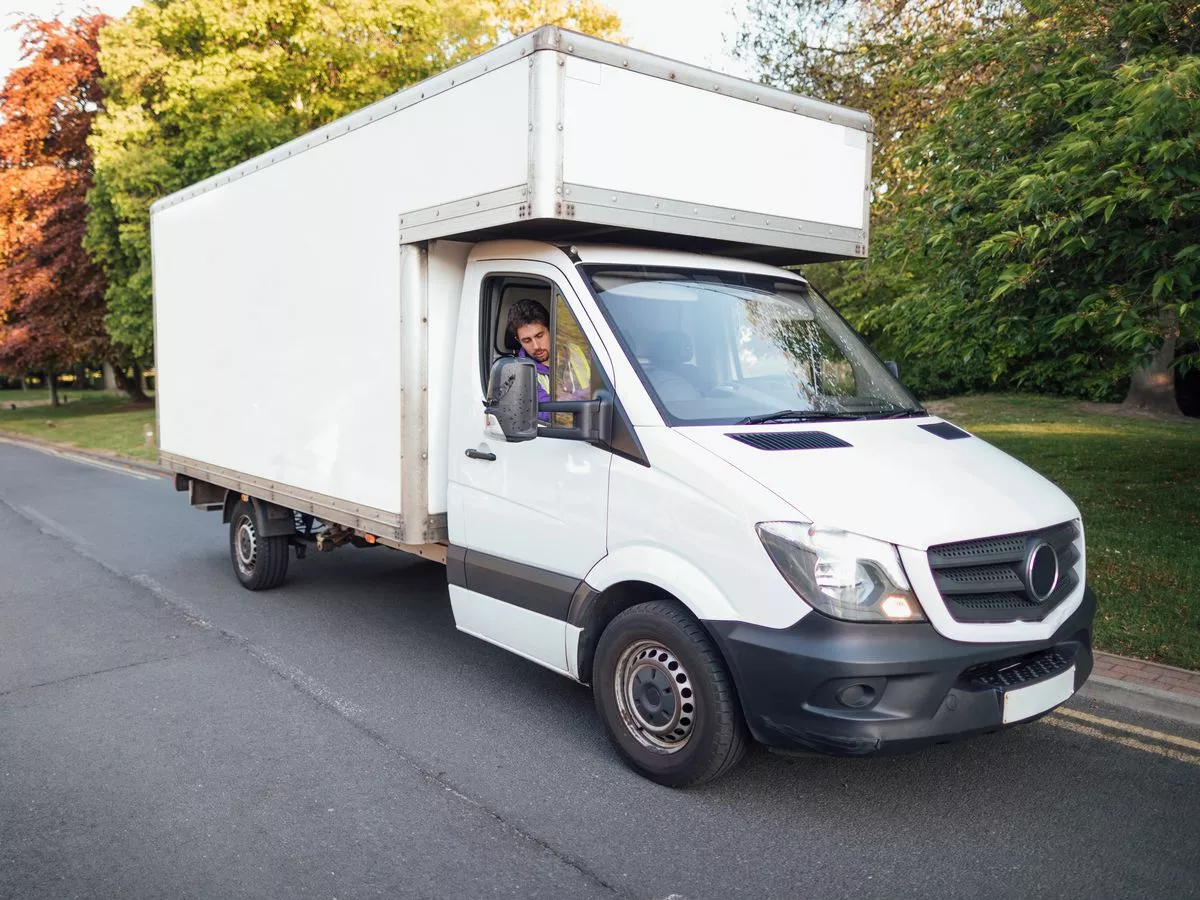By Lynn Love
Copyright dailyrecord

Van drivers are being warned to avoid a common mistake, or they could be fined £300. According to experts, it’s very important not to overload your vehicle, whether you’re using it for work or a house move. A growing number of drivers are being hit with fines and points on their licence during house moves, not for speeding or dodgy parking, but for something almost all of us do unknowingly. Drivers who do not check their Gross Vehicle Weight could get into trouble, and experts are now urging motorists to proceed with caution to avoid exceeding weight restrictions. All vans have a Gross Vehicle Weight (GVW) that drivers are responsible for complying with. Vans that exceed this weight limit are classed as overloaded. In this instance, both drivers and companies can be fined between £100 and £300 and face penalty points, depending on how much the vehicle is over the limit. Driving with an overloaded vehicle can pose a threat to other road users as it increases braking distance, reduces control, increases the risk of tyre blowouts and puts strain on the suspension and brakes. John Wilmot, CEO of LeaseLoco.com said: “Driving with an overloaded van can be really dangerous. The heavy load makes it harder to control and can also cause your van to sway when turning corners or on particularly windy days. “It’s really important that all van drivers know their GVW to avoid facing fines and causing hazards on the road. We’ve put together a short checklist that drivers can use to make sure their van isn’t overloaded. “Weighing your load before setting off is important, but if you’re constantly unloading and re-loading your van throughout the day, you’ll want to make sure you’re checking the weight regularly. “It’s also crucial to remember that a van’s GVW doesn’t just mean the weight of the goods alone, it also factors in things like the van’s weight itself and the weight of the driver and fuel.” Check your vans’ Gross Vehicle Weight Every van will have a GVW and this will vary depending on factors such as size, model and specification. The GVW will include the weight of the van itself, the weight of the driver and passengers, fuel and the weight of all of the goods. Weigh your load before setting off If possible, use a weighbridge after loading to check your van isn’t over its limit. If you don’t have access to a weighbridge, you can also weigh the goods individually as you load. Don’t forget to add everything up It’s easy to forget that there are other factors that contribute to your vehicle’s GVW. Don’t forget to factor in the weight of the van, drivers and passengers, and fuel. Spread the load evenly Place heavy items low down and central in the van to improve the stability of the vehicle. This will help reduce the risk of the van swaying around corners or in strong winds. Don’t forget to secure items with straps or nets to prevent them from moving. Check as you go If you’re often unloading and loading your vehicle, remember to re-check the weight before setting off again. Use the right van If you’re often carrying heavy loads that are close to your vehicle’s GVW, then consider upgrading to a van that has more capacity to avoid overloading and facing fines.



